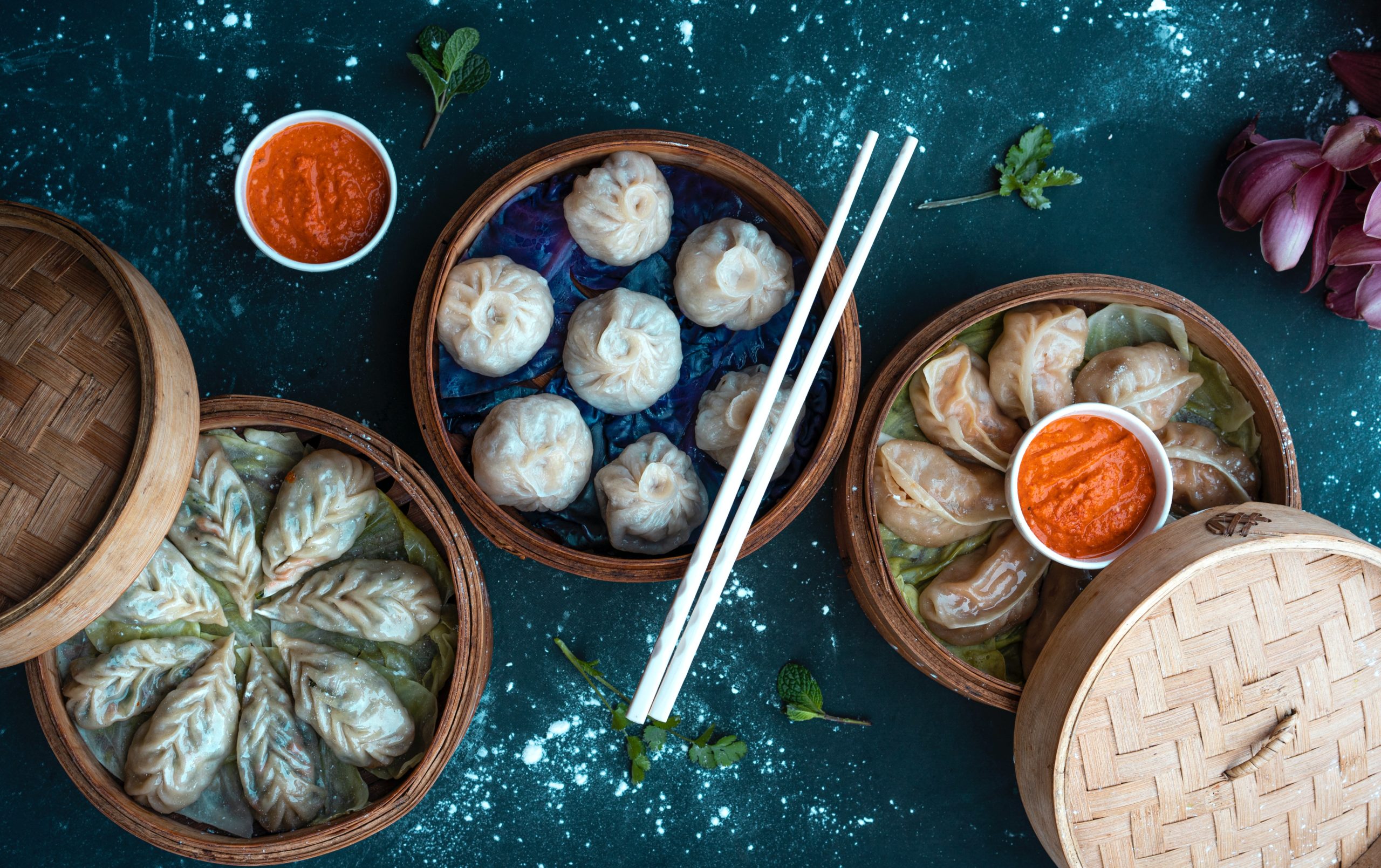This week we welcome back Dr. Russell Jeung to the blog for the fourth of a six-part series on Asian America. Russell Jeung is Professor of Asian American Studies at San Francisco State University and co-Founder of Stop AAPI Hate. In 2021, he was named one of the TIME 100 most influential people in the world. See the full series here.

“On this mountain the LORD Almighty will prepare a feast of rich food for all peoples, a banquet of aged wine—the best of meats and the finest of wines.” — Isaiah 25:6
My family took Saturday excursions to Chinatown to shop, to join youth groups, to work at my father’s office, and mostly, to eat. Although I would occasionally go off on my own to get a cheeseburger, my father especially loved having the entire family go out for yum cha (drink tea) in order to enjoy dim sum (lightly touching your heart) dishes such as chive dumplings or steamed spare ribs with black bean. He lived to eat.
In a similar vein, my grandmother always greeted me when I returned from school by asking, “Have you eaten yet?” I often thought that was a strange question, because she knew I had just come from the bus stop and wouldn’t have eaten since lunch.
The Chinese obsession over food reaches quasi-religious zealotry. We loudly sing praises to the pungency of shark fin soup. We ritually schedule our next week’s lunches and take far-off pilgrimages to four-star restaurants. Some even reach ecstatic heights over the crispness of Peking Duck skin or the first, tangy squirt when biting into a xiao lung bao (little caged bun). All-you-can-eat buffets are the Chinese version of heaven. No harps and angels, but large dishes of meat under heat lamps free for the taking.
We even show our love through food.
I generally don’t bother with food that takes too much work to eat, such as cracking a crab leg or getting into nooks of an ox tail bone. For the same reason, I resent going to hot pot restaurants. Why do I have to pay to cook my own food?
My mother, knowing that her baby son, avoids foods-that-take-effort, would actually crack crab for me and put large morsels of crabmeat on my plate. She does that even in my fifties! She also buys her kids and grandkids our favorite treats. For me, that would be a rice flour cake that could only be bought at Eastern Bakery in Chinatown.
Scriptures abound with stories about God employing this Asian love language of food. God creates the Garden of Eden for Adam and Even and provides manna from heaven for the Israelites. Jesus turns water into wine at the wedding in Cana and feeds the 5,000.
As noted in previous posts, the parable of the Prodigal Son includes Asian love languages in the forms of loyalty and favor. The father in this story also speaks the love language of food when he ordered, “Bring the fattened calf and kill it. Let’s have a feast and celebrate. 2 For this son of mine was dead and is alive again; he was lost and is found.”
Indeed, Jesus feeds us with his love and loves us with His food. That’s why I look forward to taking Communion every Sunday. Like my family’s ritual of dim sum, it’s the sacred time when our church family shares a meal with Jesus, we remember his love that feeds and sustains.













i agree that chinese buffets are like heaven